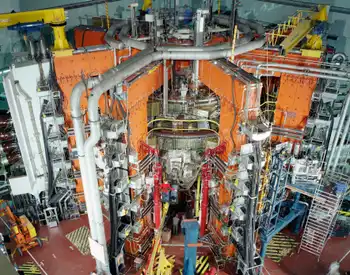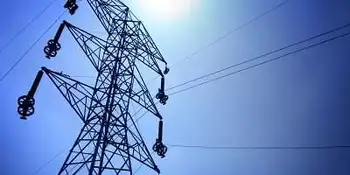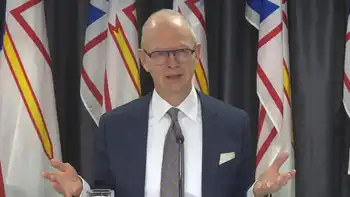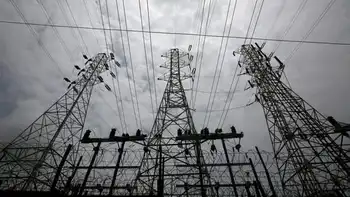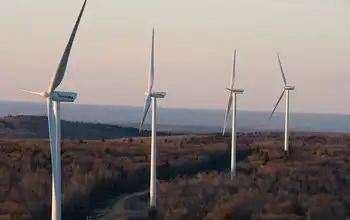Russia, U.S. sign civilian nuclear pact
By Reuters
NFPA 70e Training - Arc Flash
Our customized live online or in‑person group training can be delivered to your staff at your location.

- Live Online
- 6 hours Instructor-led
- Group Training Available
The civilian deal will open up the booming U.S. nuclear market and Russia's vast uranium fields to firms from both countries by removing Cold War restrictions that prevented bilateral trade potentially worth billions of dollars.
U.S. ambassador to Russia, William Burns, signed the deal with the head of Russia's state nuclear corporation, Sergei Kiriyenko, on the last full day of Vladimir Putin's presidency. "The United States and Russia were once nuclear rivals - we are today nuclear partners," said Burns.
At the 2006 Group of Eight summit in St Petersburg, President George W. Bush and Putin ordered ministers to reach a deal but it has faced opposition from some U.S. congressmen because of Russia's nuclear cooperation with Iran.
A 123 agreement, so-called because it falls under section 123 of the U.S. Atomic Energy Act, is required before countries can cooperate on nuclear materials.
It is critical to the Global Nuclear Energy Partnership, or GNEP, which the United States and Russia have discussed for more than a year as a way to expand peaceful nuclear energy development and mitigate proliferation risks.
"What this agreement allows us to do is to implement some very creative ideas that both Russia and the United States have put forward to deal with the growing challenge of proliferation of nuclear weapons," Burns said.
He said the deal would allow Washington and Moscow to move forward on proposals for international nuclear fuel centers, which would sell developing countries access to nuclear energy but remove the need for their own enrichment programs.
Russia and the United States control the largest arsenals of nuclear weapons in the world and both have ambitious plans to build hundreds of new reactors for power production.
Some U.S. politicians have said nuclear cooperation with Russia should be shunned because Moscow is helping Iran build an atomic power station, but the Bush administration is keen to have the pact approved this year.
State Department spokesman Sean McCormack said in Washington that now that the deal has been signed, it would be sent to Congress for lawmakers to review "in due course".
When asked about speculation that Bush may not submit the deal to Congress - possibly leaving it for the next president to do - McCormack said: "Usually we don't sign agreements we don't intend to send to Congress for ratification."
Once the agreement is sent to lawmakers, it would go into force if Congress did not pass a disapproval resolution within 90 legislative days. Russia's parliament, controlled by Putin's party, must also ratify the treaty.
Russia, one of the world's biggest sellers of enrichment services, has been trying to break into the nuclear markets of the United States and European Union.
"The signing of this agreement opens a gigantic field of opportunities for the economic cooperation in the large and growing businesses linked to the civilian use of nuclear energy," Kiriyenko said after the signing.
Tuesday's agreement simplifies life for companies in both countries and allows them to strike deals on trade in nuclear materials directly among themselves.
Putin has reformed Russia's nuclear sector to boost competition and open it up to atomic firms such as Japan's Toshiba Corp, which owns U.S.-based Westinghouse Electric.
Russia has crafted a nuclear behemoth called Atomenergoprom - which officials say is an atomic version of Russian gas giant Gazprom - to compete with the biggest nuclear companies on the world market.





